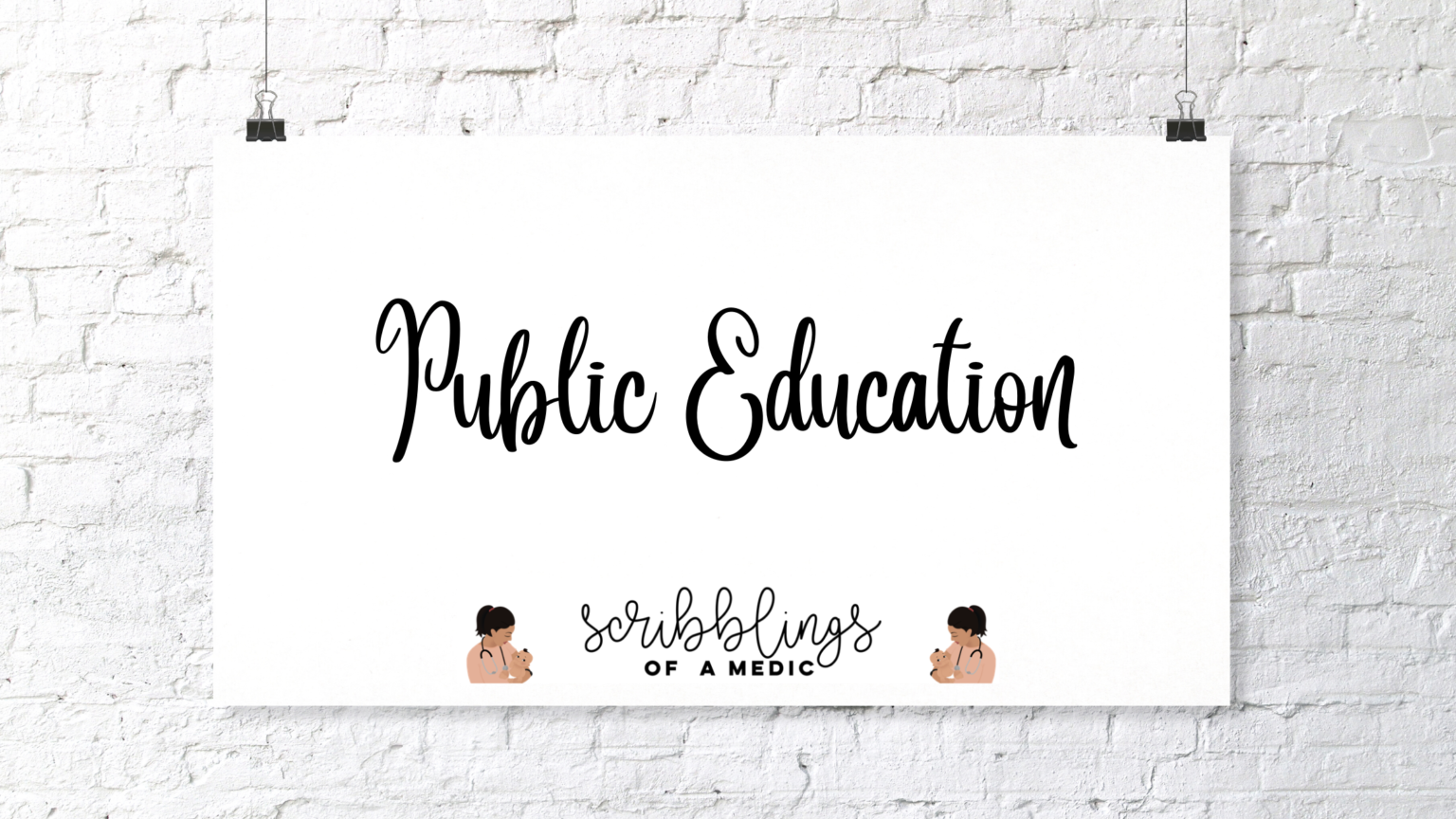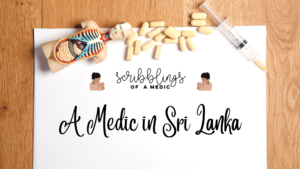It’s been well over a year of battling Covid-19 and as we combat the 4th wave of disease in Sri Lanka, our healthcare systems are officially overwhelmed. In an effort to ensure that all Covid-19 patients in Sri Lanka get access to healthcare despite the large number of positive patients, there is now a home care system for patients who are asymptomatic or mildly symptomatic.

How do you get on the home-care (1930) system?
Registration for the system is done by the area MOH or PHI (Public Health Investigator). Patients are then checked on daily by a medical doctor and if any red flat symptoms or if mild symptoms become worse, they are then referred to a Post-grad Family Medicine Trainee who will then reassess the patient and plan for urgent/emergent admission if necessary.
Your details will be entered to an online database and this includes your personal details, your current symptoms, past medical/surgical history, allergy and drug history. Please don’t lie or downplay your symptoms to the doctors, they go by what you tell them because these consultations are done over the telephone. Help them help you by being honest!
Vital signs – Normal ranges
Before we move onto home care management, it’s important to first know what the normal vital sign ranges are. Whilst undergoing home care, it is important to keep a track of your vital signs which includes your temperature (T), Heart rate (HR), Respiratory rate (RR) and Oxygen saturation (Sp02).The list below depicts the normal range of adult vital signs (please note that the normal range can vary between individuals – if you are unsure, please speak to a doctor). You can also measure your blood pressure, but this is not an absolute necessity for home care.
- Temp – 36.5-375 degrees
- HR (the number of heart beats per minute) – 60-99 beats per minute
- RR (the number of breaths per minute) – 12-20 breaths per minute
- Sp02 >95%
- Blood pressure – This will vary with age and the presence of co-morbidities. Ideally aim for a systolic blood pressure (the number on top) of between 100-139 mmHg and the diastolic blood pressure (the number at the bottom) to be between 60-89 mmHg.
Monitoring
It is important to monitor your vital signs at least twice a day when at home. To do this it is advisable to keep some simple equipment at home. This includes:
- A thermometer
- A pulse oximeter (there is no single brand that I can recommend, but the best ones would be priced at more than Rs. 3000/-)
I’ve made a downloadable pdf form (below) that can help you keep track of your vitals. If your vitals are out of the “normal” range, speak to a medical doctor.
General Home Treatment Advice
- Rest well but ensure to walk around your room or do light exercises (do not lie in bed all day, unless bed-bound e.g. stroke)
- Take plenty of fluids and eat healthy meals
- Avoid smoking and drinking alcohol
- If on regular medication for known medical illnesses (e.g. diabetes or high blood pressure), continue taking these routine medications.
- For fever, only take paracetamol at the required dose (1g every 6 hourly for adults, for children the dose will vary according to body weight). DO NOT take other painkillers like NSAIDs (ibuprofen, voltaren) as due to the prevalence of dengue fever in Sri Lanka, NSAIDs can cause complications.
- For cold/runny nose, only take simple antihistamines like piriton or loratadine.
- For coughs, simple over the counter cough medications are adequate – speak to a doctor if you require a prescription.
- For vomiting or diarrhoea – increase oral intake of fluids (including oral rehydration salts like Jeevani) and take an anti-emetic (anti-vomiting) tablet as needed – speak to a doctor if you require a prescription.
- You can inhale steam if it gives you symptomatic relief, but please be careful of burns and do note that steam inhalation has NOT been shown to kill the coronavirus.
- DO NOT necessarily take antibiotics or steroid medication – if given too early in the disease, these medications do more harm than good.
- You can take supplements such as Vitamin C, Vitamin D and Zinc if you like, but there is NO conclusive evidence to suggest these supplements cure Covid-19.
General Home Etiquette for the patient
- If only one household member has come positive – that member should isolate themselves in a room away from other household members.
- The patient should be kept in a well -ventilated room with cross ventilation and windows should be kept open.
- Patient should use a mask if there is any contact with healthy family members or if caregivers enter the room (caregiver should also be masked).
- Frequently wash hands with soap and water or with alcohol-based sanitizer.
- Don’t share personal items (towels, bedding, cups/plates, bed linen, tooth brush etc) with others in the house. Patient should clean these by themselves with soap and water.
- Clean surfaces in the room that are touched often (tabletops, doorknobs, handles, etc.) with any household disinfectant.
General Home Etiquette for the carer
- Caregivers must wear gloves and both must be in masks when near the patient.
- Visitors should not be encouraged to the house.
- All household members should also stay at home for 14 days.

How to improve your breathing capacity?
- Prone positioning
- Bubble water in a 3/4 full glass with a straw
- Repeat single breath counting several times daily
At any point of time if symptoms worsen or any of the following warning symptoms/signs occur, call your PHI or 1990 immediately.
- High fever not responding to paracetamol or continuous fever for more than 3 days
- Shortness of breath at rest or with mild exertion
- Pain or tightness in the chest
- Acute onset confusion
- Poor oral intake or poor urine output
- Cold and clammy extremities
- Any new onset rashes
- Drop in SpO2 <96% at rest or <94% after exercise
The total duration for home isolation is 14 days from the date of positive Covid-19 PCR if you have no symptoms or if you have only mild symptoms, then 14 days from symptom onset. If the symptoms persist at day 14 or have become worse, the total duration of isolation may increase.
References
- Primary Care Physician of Sri Lanka (May 2021). Guidance for Home Management of Covid-19 patients.
- Ministry of Health (4th August 2021). Guidelines for Integrated Home-Based Isolation and Management of Asymptomatic & Mild Symptomatic Covid-19 patients.
- Ministry of Health (6th June 2021). Integrated Management for Asymptomatic & Mild Symptomatic Covid-19 patients.





